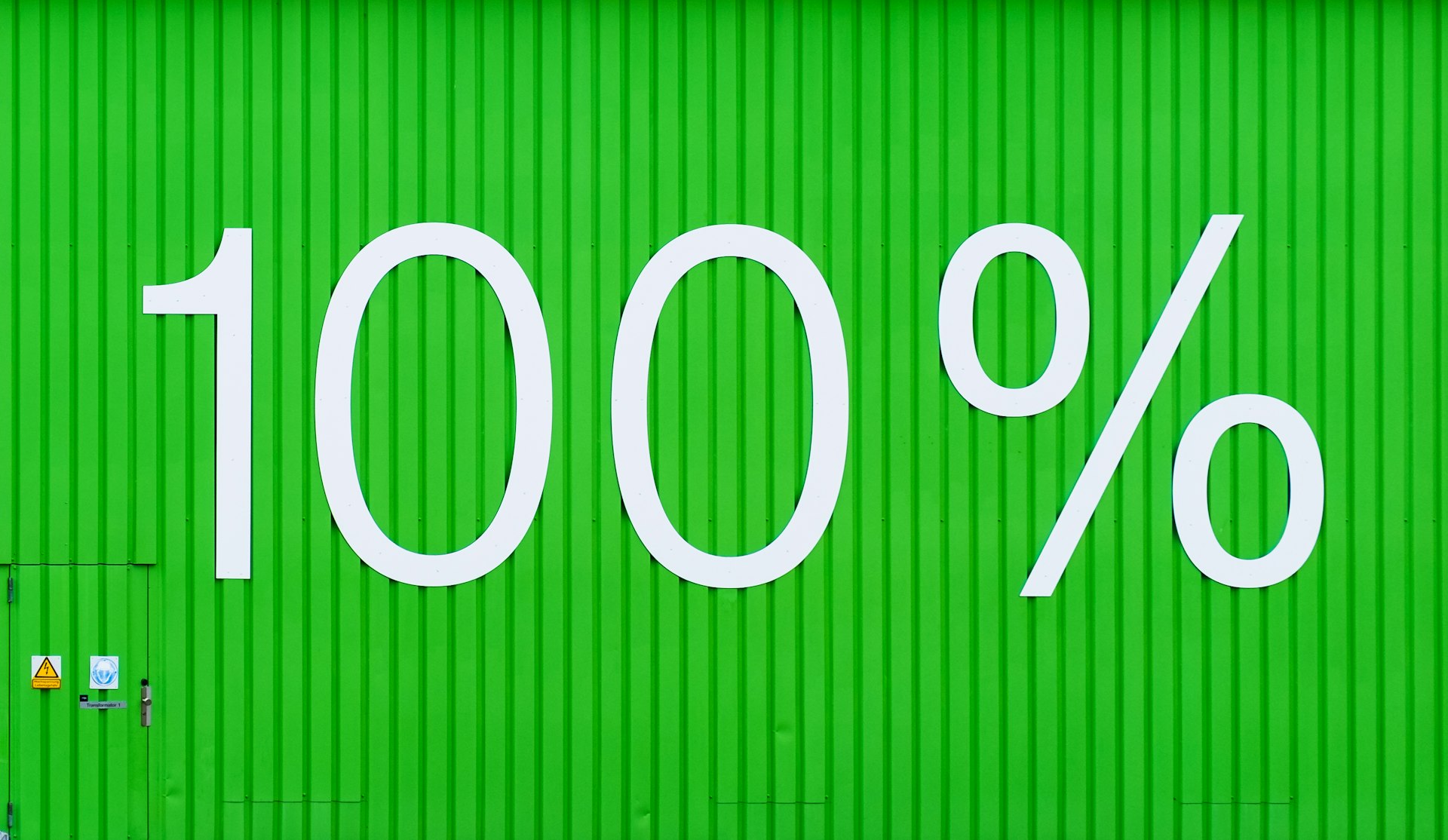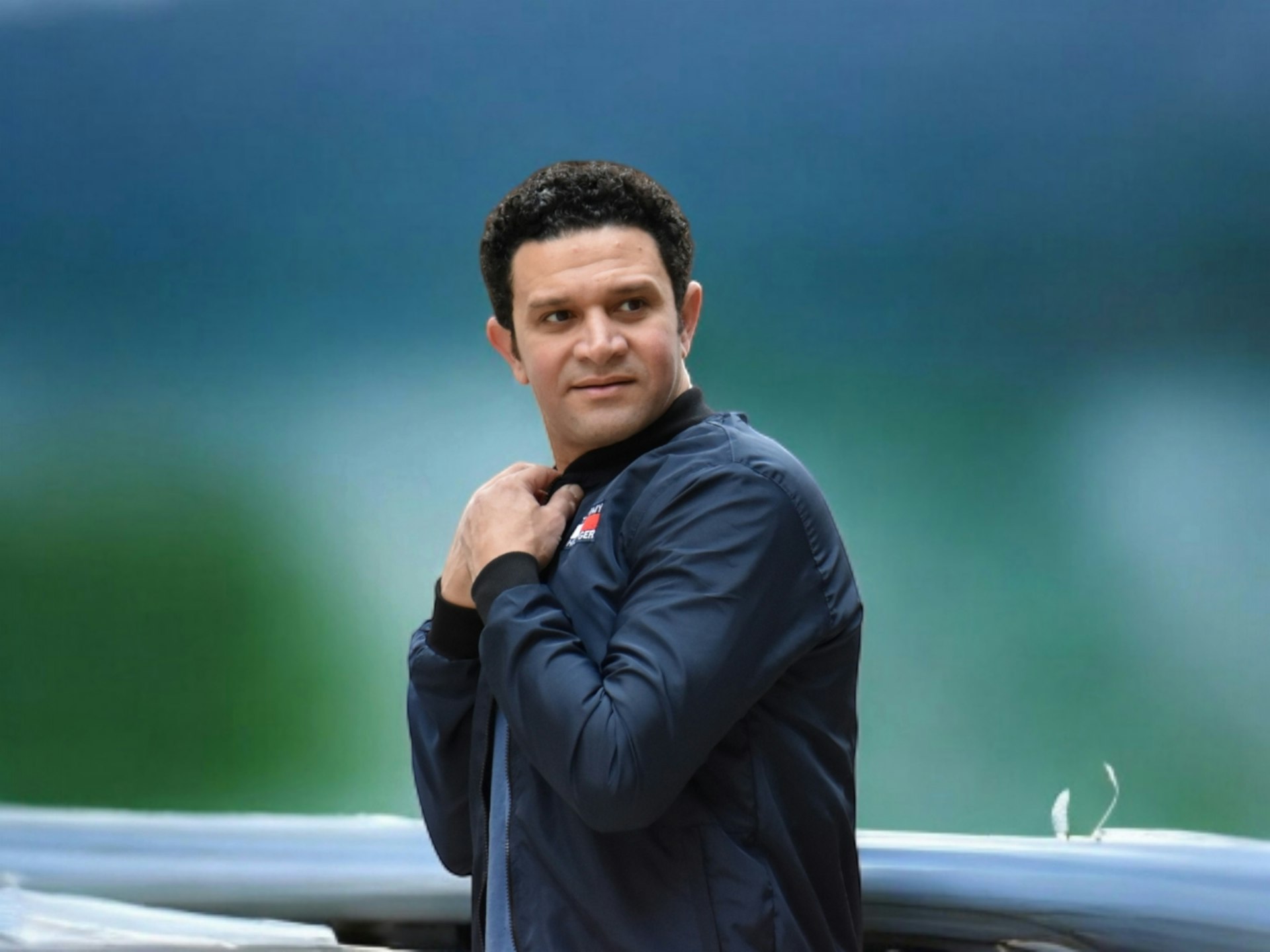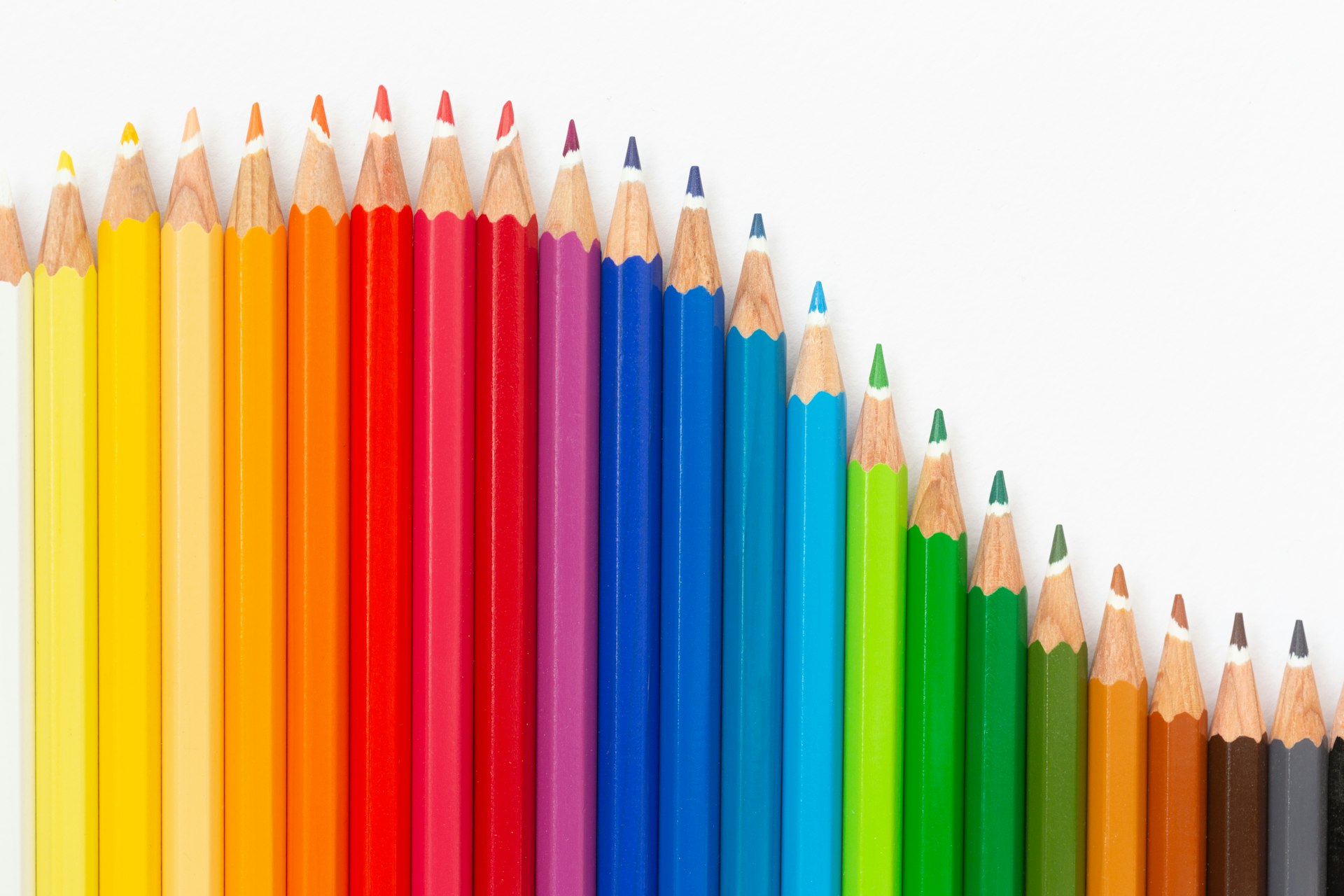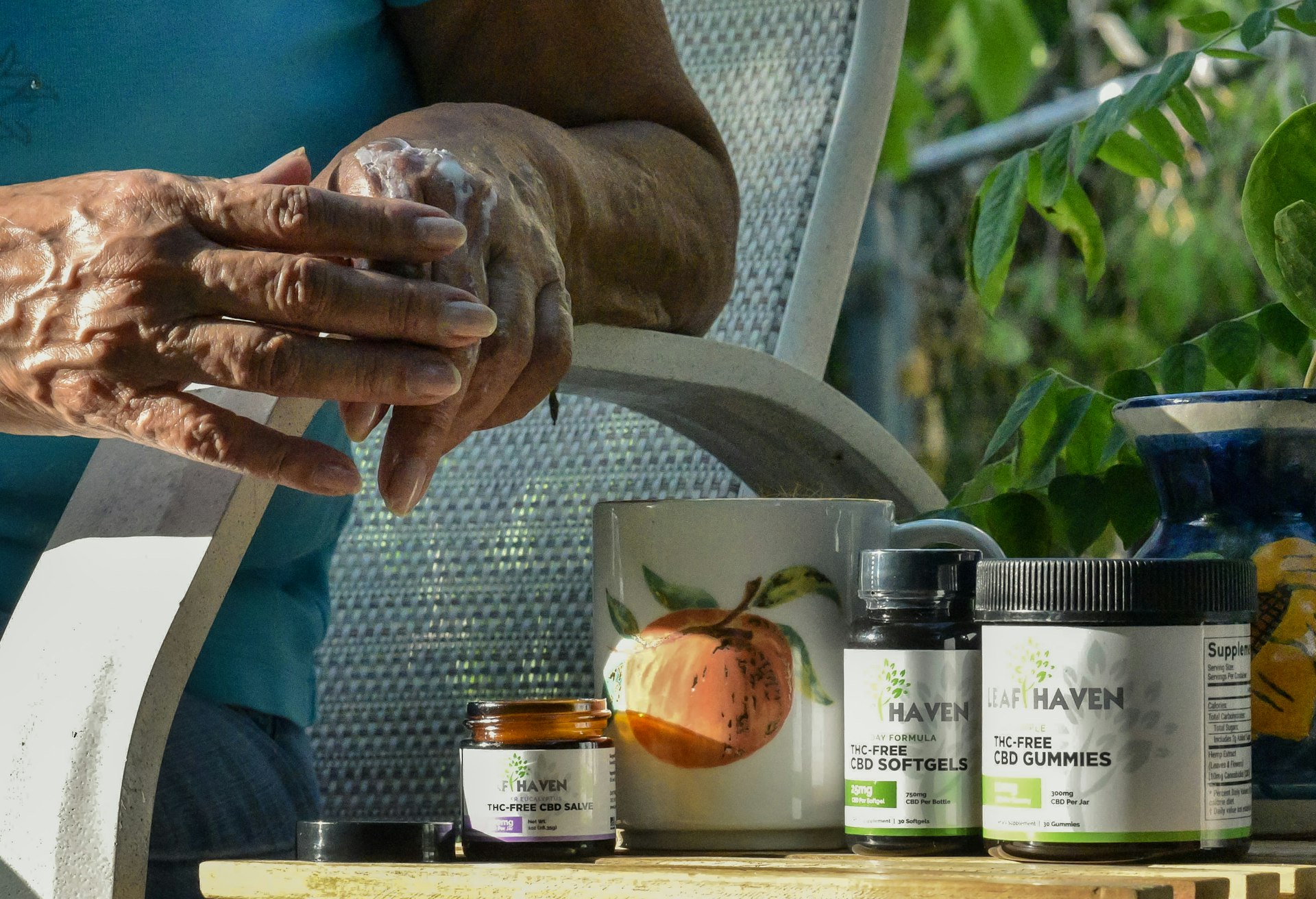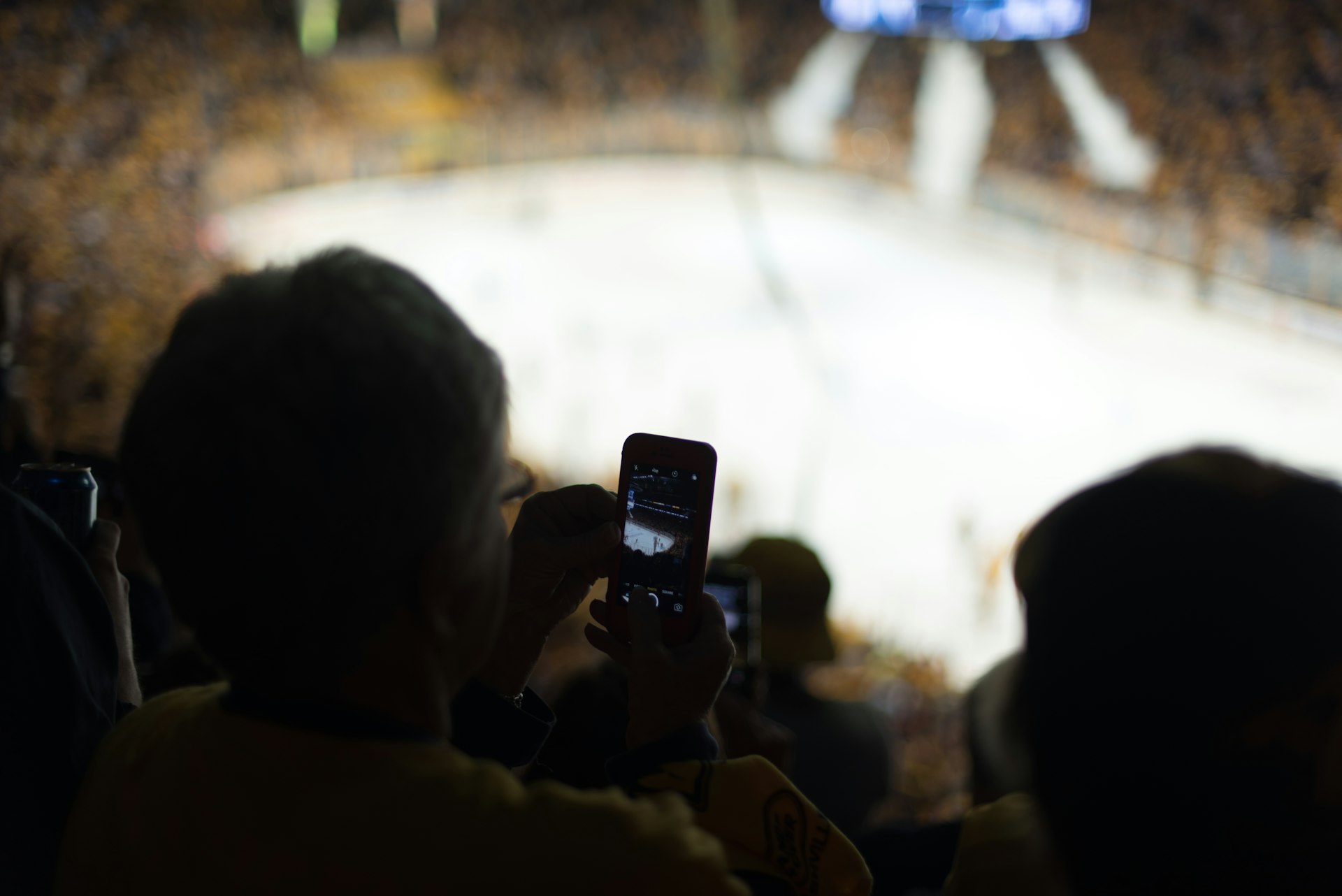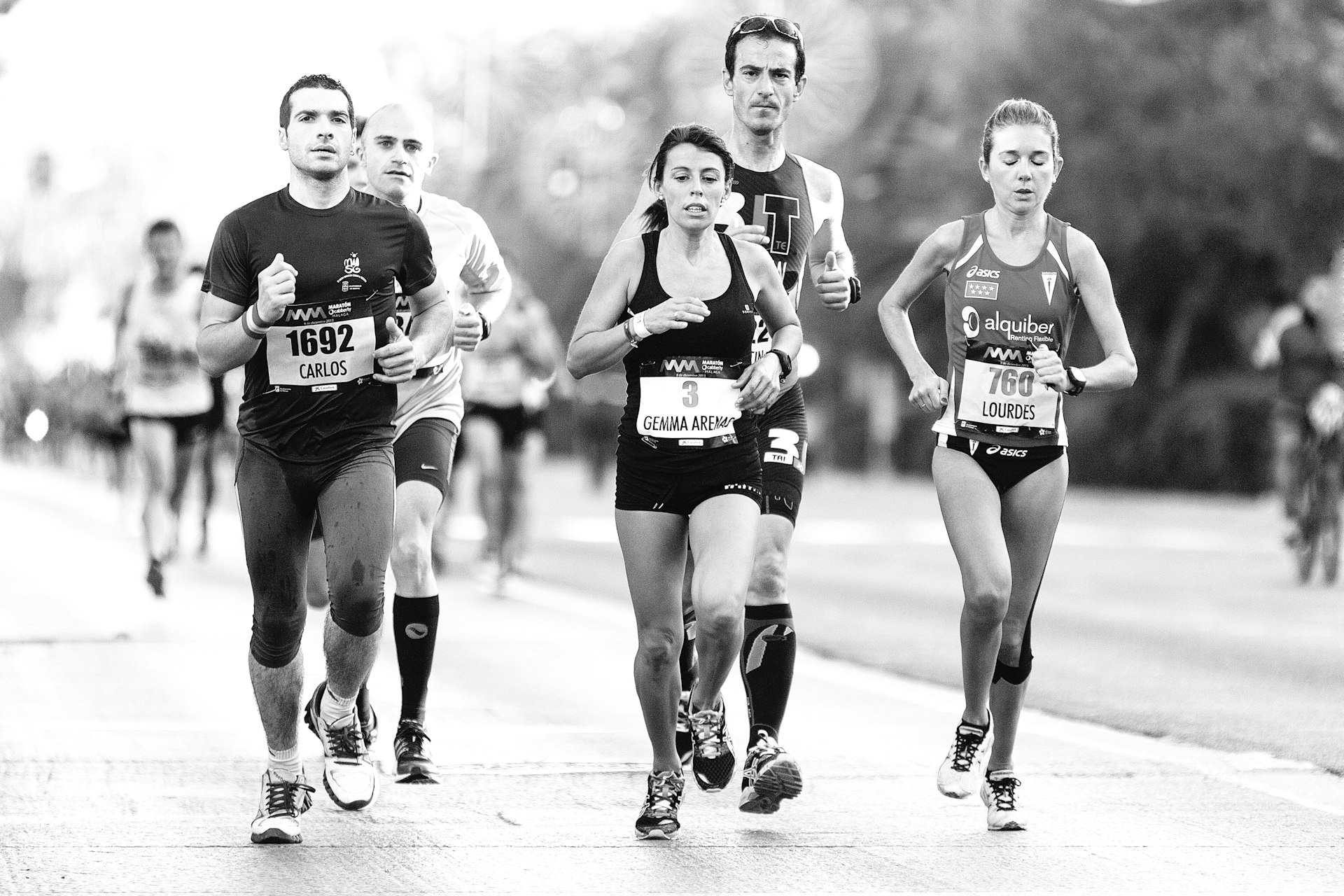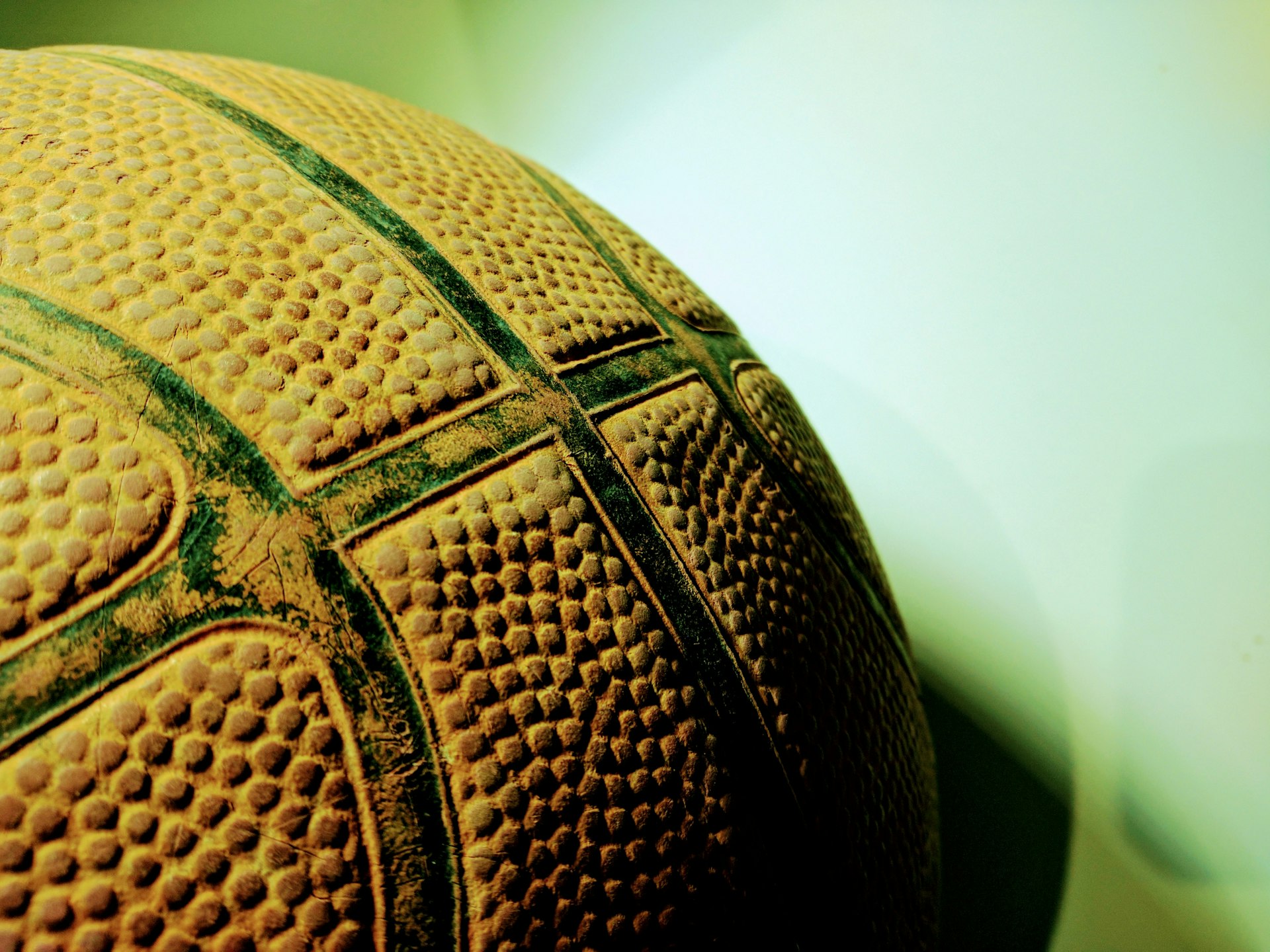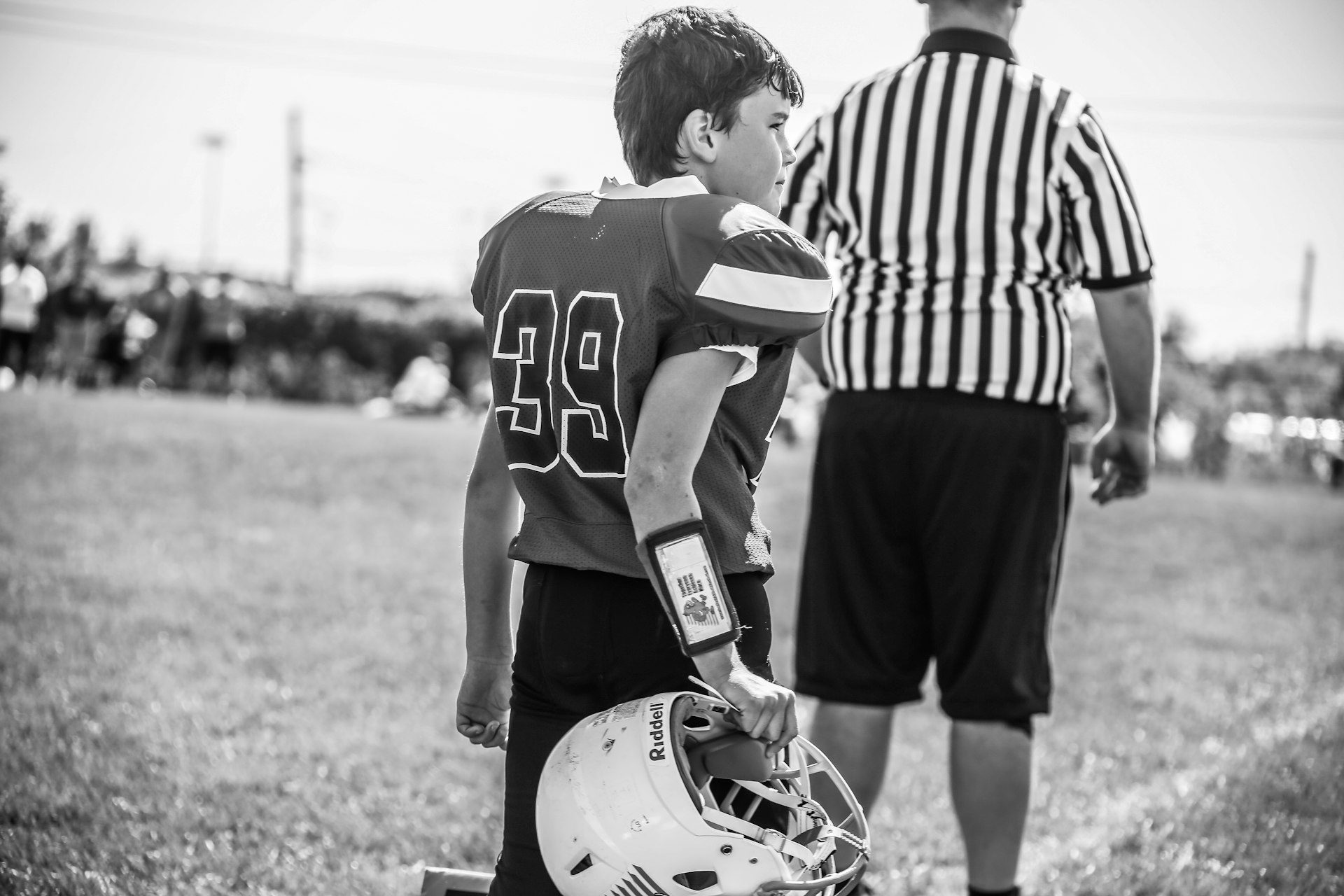Why Sleep Optimization Is Critical for Athletes: Performance, Recovery, and Practical Strategies

Photo by Solving Healthcare on Unsplash
Introduction: The Role of Sleep in Athletic Excellence
For athletes striving for peak performance, sleep optimization is as crucial as training and nutrition. While dedication to practice, strength conditioning, and skill development are visible foundations of success, sleep forms the hidden cornerstone that enables maximum output, rapid recovery, and sustained well-being. A robust body of research supports the transformative impact of sleep quality and quantity on all aspects of athletic achievement-from precision and speed to injury prevention and mental sharpness. [1]
How Sleep Directly Impacts Athletic Performance
Studies consistently demonstrate that extending sleep duration and improving sleep quality yield measurable benefits for athletes:

Photo by Jeffery Erhunse on Unsplash
- Accuracy and Reaction Times: Increasing nightly sleep by even a few hours markedly improves skills such as shooting accuracy and sprint speed. For example, college basketball players who increased their sleep achieved a 9% boost in free throw and three-point accuracy, while swimmers saw a 17% improvement in reaction times off the start block. [1] [3]
- Endurance and Energy: Well-rested athletes report higher energy levels and lower perceived exertion during competition. Enhanced glucose metabolism from sufficient sleep leads to sustained stamina and a better mood. [1]
- Motor Memory & Cognitive Function: Deep, continuous sleep (nine to ten hours) supports muscle memory and sport-specific skill retention. Athletes who sleep longer show better coordination, decision-making, and split-second judgments. [1] [3]
Real-world example: A Stanford study found that male basketball players who slept ten hours nightly improved sprint speeds and shooting by over 9%, and reported better overall physical and mental well-being. [3]
Sleep and Injury Risk: Recovery, Repair, and Longevity
Sleep is the body’s most effective recovery tool. During deep sleep, secretion of human growth hormone peaks, enabling tissue repair, muscle recovery, and bone development. [1] [4] Inadequate sleep elevates cortisol (the stress hormone), impeding healing and increasing susceptibility to illness and injury. Research reveals that well-rested professional athletes are significantly more likely to sustain long careers. In one study, 72% of well-rested baseball players remained active three years later, compared to only 14% of sleep-deprived peers. [1]
Practical application: To optimize recovery, athletes are advised to prioritize sleep during periods of high physical stress, such as training camps or competitive seasons. [4]
Sleep Extension: How More Sleep Elevates Athletic Skills
Extending total sleep duration (TSD) is strongly correlated with improved physical and cognitive performance. For athletes typically sleeping seven hours, increasing nightly rest by up to two hours or incorporating daytime naps (20-90 minutes) can enhance reaction time, skill execution, and mood. [2] [5] For example, tennis players who added sleep improved serve accuracy from 36% to 42%, while swimmers registered faster sprint times and better turns. [3]
Step-by-step guidance:
- Track your current sleep using a journal or app.
- Gradually extend sleep by 30-60 minutes per night.
- Incorporate short naps during the day, especially after intense workouts.
- Monitor athletic performance and recovery after sleep changes.
Alternative approach: If nightly sleep extension isn’t feasible, strategic napping can restore performance and decrease daytime sleepiness. [2]
Sleep Hygiene: Practical Strategies for Restful Nights
Adopting sleep hygiene practices is essential for athletes aiming to optimize sleep quality and duration. Key methods include:
- Maintaining a consistent sleep schedule, even on weekends.
- Limiting electronic device use at least 30 minutes before bedtime. [2]
- Creating a cool, dark, and quiet sleep environment.
- Avoiding caffeine and heavy meals within several hours of sleep.
- Using mindfulness techniques or relaxation exercises to wind down.
- Exposing yourself to natural light during the day to regulate circadian rhythms.
Real-world case: Teams that implemented sleep hygiene education observed measurable increases in total sleep time among athletes, leading to improved competitive performance. [3]
Potential challenge: Travel schedules, late-night games, and academic demands can disrupt sleep routines. Solution: Prioritize sleep on rest days and use blackout curtains and white noise machines when traveling.
Accessing Sleep Optimization Resources
While sleep coaching services and sports sleep experts may be available through major training centers or professional organizations, athletes can begin by:
- Consulting with certified sleep specialists-search for board-certified practitioners through the Sleep Foundation website or your local healthcare provider network.
- Exploring educational resources on sleep and sports through reputable organizations such as the National Sleep Foundation and the American Academy of Sleep Medicine.
- Utilizing wearable sleep trackers that provide actionable feedback on sleep patterns and quality.
If seeking formal sleep interventions, you can ask your coach, athletic trainer, or school health office for referrals to sports medicine professionals who specialize in sleep health. Many sports teams now integrate sleep monitoring and hygiene education into their athlete wellness programs.
Conclusion: Making Sleep Your Competitive Edge
In summary, sleep optimization is not an optional luxury but a fundamental requirement for athletes aiming to unlock their full potential. By understanding the science behind sleep’s impact on accuracy, endurance, recovery, and injury prevention, and by implementing proven strategies to enhance sleep quality and duration, athletes can gain a decisive edge over the competition. Start by assessing your current sleep habits, applying best practices for sleep hygiene, and seeking professional guidance when needed. With consistent effort, sleep can become your most powerful ally in the pursuit of athletic excellence.
References
- [1] Children’s Hospital Colorado (2022). Sleep for Student Athletes: Five Ways Sleep Impacts Athletic Performance.
- [2] National Institutes of Health (2023). A Narrative Review of the Impact of Sleep on Athletes.
- [3] Sleep Foundation (2023). Sleep, Athletic Performance, and Recovery: How Sleep Affects Athletes.
- [4] Mass General Brigham (2023). How Does Sleep Affect Athletic Performance?
- [5] National Institutes of Health (2020). Sleep and Athletic Performance: Impacts on Physical and Cognitive Function.
MORE FROM weirdsearch.com
